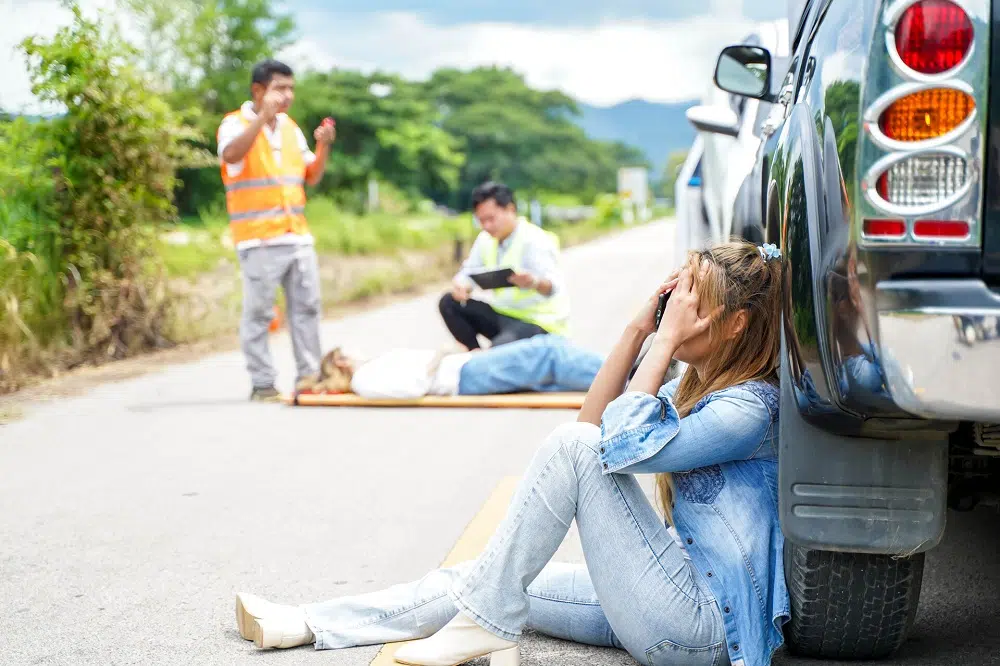Accidents can have a profound impact on daily life, often altering routines and overall independence. Beyond the physical injuries, the emotional strain and practical challenges can feel overwhelming. For many, adapting means learning new ways to manage everyday tasks while also seeking support to regain confidence and stability.
In some cases, financial and legal assistance, such as pursuing car accident claims, can provide vital resources to help fund recovery and adaptations.
Physical and Mobility Changes After an Accident
One of the most immediate and noticeable effects of an accident is the physical toll it can take. Injuries, from broken bones to severe conditions like spinal damage or head trauma, can significantly impact how someone navigates their daily life. Even relatively minor injuries can make once-simple tasks, such as climbing stairs and cooking meals, much harder.
For some, the changes are temporary. A fractured leg may require crutches and limit independence for a few months, but full mobility is often regained with time and rehabilitation. The impact can be permanent for others, leading to long-term reliance on walking aids, wheelchairs, or personal assistance. The need to adjust living spaces, such as installing ramps or accessible bathrooms, can suddenly become a necessity.
Emotional and Psychological Effects
Many people experience heightened stress and anxiety about returning to daily activities following an accident. Depression stemming from the sudden loss of independence is also common. Fear of travelling by car again, for example, is a common psychological effect after a road traffic accident.
Loss of confidence is a frequent challenge, with many struggling to trust their own abilities or feeling isolated because they can no longer live as independently as they once did. There are constructive ways to cope, such as through professional counselling or cognitive behavioural therapy, or practices like mindfulness and maintaining a routine to manage stress. Joining groups can provide a safe space to share experiences and rebuild resilience.
Adapting Daily Life and Maintaining Independence
Despite the challenges, accident survivors can find new ways to sustain independence. Practical adjustments can make a significant difference. They could include home adaptations, such as installing grab rails and stairlifts, or mobility aids like wheelchairs and scooters, to ease daily tasks.
Planning routines by breaking larger tasks into smaller, manageable steps and pacing activity can help avoid fatigue. Nearby access to family can make a significant difference in survivors’ independence and social support, as well as through local disability groups.
However, adaptations come at a financial cost. The compensation from a successful claim can cover rehabilitation costs, home modifications, mobility equipment, and even lost income. Talking to qualified solicitors can help you learn more about your options. With the funds, you can ease financial strain and rebuild independence and quality of life after an accident.
